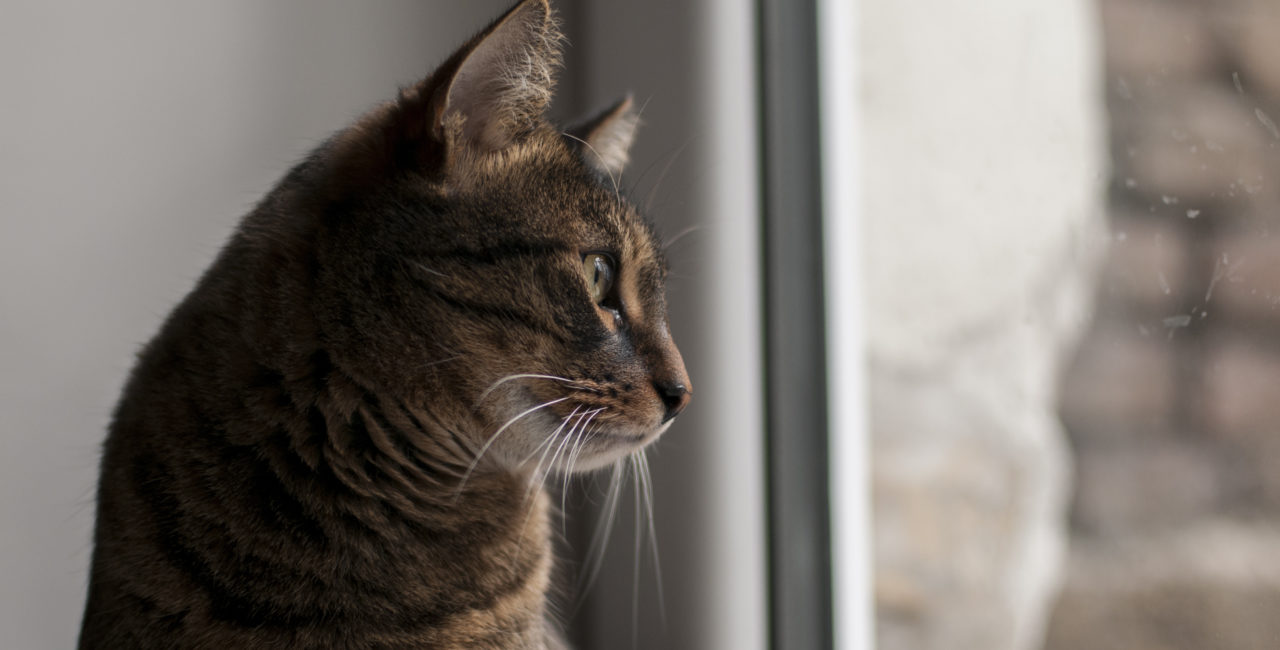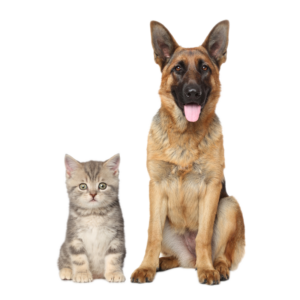As we head into the new year, we hope to keep the Rouge Hill community up to speed on some potentially hazardous dangers for your pets.
INDOOR HAZARDS
Dangerous Plants:
- Pine needles:can produce oral irritation, vomiting, diarrhea, lethargy, trembling and posterior weakness.
- Holly: commonly found during the Christmas season, can cause intense vomiting, diarrhea and depression.
- Mistletoe: another Christmas plant, can cause significant vomiting and diarrhea, difficulty breathing, collapse, erratic behavior, hallucinations and death when ingested.
- Poinsettias:can cause irritation to the mouth and stomach and sometimes vomiting.
- Some other plants and flowers that should be kept away from pets are Holly berries and aloe, and plants that are commonly found in floral arrangements such as lilies, baby’s breath, bird of paradise, daisies and chrysanthemums.
Dangerous Foods:
- Chocolate: Darker chocolate is more potentially toxic than milk or white chocolate. Pets may experience vomiting, diarrhea, hyperactivity, heart arrhythmias, tremors and seizures.
- Fat trimmings: Chicken, turkey, beef and ham – both cooked and uncooked can cause pancreatitis.
- Bones: Although it seems natural to give a dog a bone, bones can fracture teeth, cause a dog to choke and bones can splinter and cause an obstruction or lacerations of your dog’s digestive system.
- Nuts: Certain nuts like almonds, walnuts, pistachios and macadamia nuts can cause seizures or neurological signs, lethargy, vomiting and loss of muscle control.
- Other potentially dangers holiday foods include: sugar-free candy or gum (may contain xylitol), raisins, grapes, onion, garlic, bread dough, coffee and alcohol.
Decorations:
Ribbon, string, garlands and other decorations can be very attractive to pets, especially cats. These are not toxic, but the problem is once they are consumed they can be very dangerous. Intestinal damage and blockages are among the potential problems if your pet eats something like this. If not caught in time, this foreign body ingestion could actually be fatal as it twists and bunches inside your pet’s intestines. Immediate veterinary care is required.
Electrical cords and outlets:
A pet can suffer electrocution, mouth burns, and life-threatening injury to the brain and lungs if he or she chews on an electrical cord. Keep cords out of the way and cover any unused electrical outlets. Also, don’t leave batteries on a table (where “table surfers” can find them), and pick them up if they fall to the floor.
Heated surfaces and open flames:
Fireplaces, wood-burning stoves, candles, and portable heaters are just a few hazards to keep your pets away from (or at least monitor when they are nearby). Not only can pets be burned, but candles or heaters can be knocked over and start a fire. Also, don’t forget to check smoke detectors and carbon monoxide detectors to make sure they are functioning properly.
OUTDOOR HAZARDS
Cold temperatures:
As the temperature outside starts to get lower and you prepare for colder weather, it’s important to also prepare your pet for the winter. Even pets that are used to being outside are susceptible to frostbite and hypothermia (low body temperature). Pets that live outdoors need adequate shelter from wind, rain, and cold. Fresh, unfrozen water must be available at all times. Heated water bowls can be used to keep water from freezing. If an electrical source is not available, water should be kept in a covered, enclosed space to prevent it from freezing quickly. If your pet has a dog house or igloo, make sure the interior is insulated. Heated pet mats, along with a good layer of straw, are an option that can help keep your pet warm and comfortable. It is important to only use heated products that are approved for pets.
Outdoor cats may seek warmth under car hoods and can be injured or killed by the car’s fan belt. Before getting into your car, knock loudly on the hood to ensure that a cat is not hiding beneath.
Antifreeze:
Also known as ethylene glycol, antifreeze is probably one of the most common and dangerous winter toxins. Antifreeze is highly toxic, and pets are sometimes attracted to its sweet smell and taste. Once a pet drinks antifreeze, the toxin is rapidly absorbed, and signs such as vomiting, loss of coordination, and depression can appear within 1 hour. The kidneys are most severely affected by antifreeze, and even if signs start to improve with treatment, the kidneys may have already started to shut down. Acute kidney failure can occur within 24 to 36 hours after antifreeze ingestion, so it’s important to take your pet to the vet immediately if you suspect he or she has drunk even a small amount of antifreeze.
Driving:
Salt and chemical ice melts:
Pets that walk on sidewalks or pathways that have been de-iced can have chapped, dry, painful paws. Also, because pets (especially cats) tend to lick their paws, they can be exposed to toxic chemicals found in some ice melts. Pet-safe ice melt products can be purchased at most home improvement and pet stores. However, not everyone in the neighborhood may use these products, so it’s important to wash your pet’s feet with a warm cloth after he or she comes in from being outside.
What to do if something happens:
If your pet has eaten something dangerous, the first thing to do is to remain calm. Your veterinarian will need to know as many details as possible: how much was eaten, how long ago, and what were the ingredients? Don’t wait for your pet to show signs of illness before you call for help. In some cases, by the time the pet is acting sick, irreparable damage has already been done. Even if you aren’t absolutely sure that something was eaten, the safe choice is to call for advice. If your veterinarian is not available, you can contact the ASPCA’s (American Society for the Prevention of Cruelty to Animals’) Poison Control Center at 888-426-4435. A fee may be charged for advice, but this organization has extensive information on items and substances that are poisonous to pets. You can also visit the ASPCA Web site https://www.aspca.org/pet-care/poison-control for information.
If you suspect your pet has gotten into something, call West Hill Animal Clinic at (416) 282-8516. The entire staff of West Hill Animal Clinic wishes everyone a safe and happy holiday!



